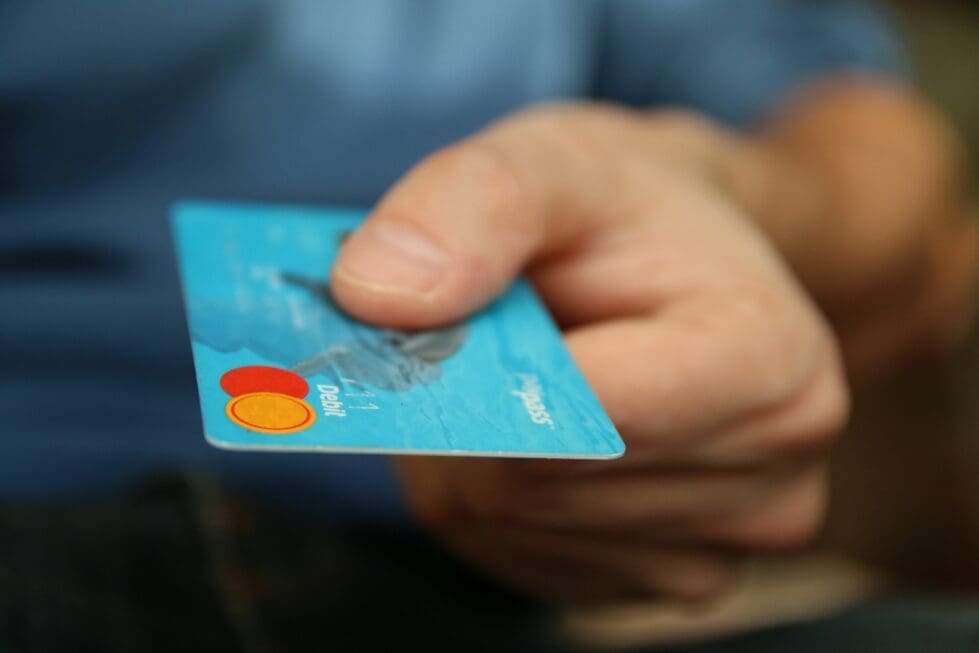

A bill aiming to address medical debt in Delaware passes House committee.
Photo by Pixabay, Pexels
A bill that seeks to stop aggressive tactics for collecting medical debt easily passed the House Economic Development/Banking/Insurance & Commerce Committee meeting Tuesday.
Senate Substitute 2 for Senate Bill 8, sponsored by Sen. Spiros Mantzavinos, D-Elsmere, would forbid a medical creditor or medical debt collector from arresting someone, forcing someone into court for being in contempt, foreclosing on someone’s property or garnishing someone’s wages or bank account when trying to collect someone’s medical debt.
The bill also would hold large health care facilities and medical creditors liable for actions taken by collectors who violate the rules.
Medical creditors or debt collectors wouldn’t be able to report information on a debt to a consumer reporting agency for at least one year or within three months of the most recent payment on the debt.
Patients with a debt of $500 or more must be offered a payment plan that may not exceed 5% of the person’s gross monthly income.
The substitute differs from the parent bill by requiring large health-care facilities to give information to uninsured patients about eligibility and the application process for medical assistance, increasing the limit for offering payment plans from $200 to $500, and removing a requirement that written notices be sent in someone’s primary language.
The bill was approved with three in favor, five on its merits, and one against.
It unanimously passed the Senate June 14.
Rep. Kimberly Williams, D-Stanton/Newport, said the bill will help Delawareans pay off medical debt.
“Medical debt has had such a large impact on all Delawareans and Americans for years,” Williams said. “I’ve heard about this in my district. I’m sure you have heard it in your district as well…According to the Consumer Financial Protection Bureau medical debt held by Delawareans total $401 million.”
Rep. Jeffrey Spiegelman, R-Townsend/Hartly, said the bill would make it difficult for hospitals to collect money.
“There’s absolutely nothing that the healthcare facility can do if I simply don’t want to pay,” Spiegelman said. “If there’s no way without charging late fees, without being able to garnish, without being able to do that, it doesn’t seem to be much ability if this law passes, to get the money out there…‘They can’t charge me fees. I’ll pay when I feel like paying, and there ain’t nothing you can do about it.’”
Related Story: $71K gift will help with campaign to end debtors’ prison
Williams responded that most people have good intentions and are having a hard time paying.
“I’ve talked to constituents who have cancer, and they have hundreds of thousands of dollars in debt. I’ve lost constituents, and thousands are still alive saying how am I going to pay this,” Williams said. “And I think if you have good intentions of making a minimum amount, something you can afford. Someone shouldn’t lose their house because they can’t pay their medical bills and it’s not their fault.
Spiegelman said he’s worried people will take advantage of the law.
“It sounds like we are providing an umbrella safe haven for the people who deserve it, people who can’t or are struggling to pay, along with the nefarious ones who will take advantage of this by saying, ‘Hey, I’m just not going to pay,’” Spiegelman said.
William Lescas, deputy policy director with the Senate’s Democratic Caucus, said the bill only limits some collections.
“The intent of the design is to invite protections,” Lescas said. “There’s always a risk of somebody that is going to try and find ways around it. But … you have to weigh costs and benefits. And I think it would be doing a disservice to the potential benefit to assume that people are going to openly exploit this.”
Spiegelman asked Jennifer Bosco, senior attorney at the National Consumer Law Center, if there are instances where people have used the law, which has passed in some form in 13 other states, to not pay.
Bosco said other states haven’t seen an issue and debt collection isn’t a revenue generator for hospitals.
“There hasn’t, from any information I’ve looked at, been an impact on hospital revenues or hospital bottom lines,” Bosco said. “That could be in part because even prior to the passage of those laws … the revenue they get from collections tends to be a fraction of 1%.”
The bill, which doesn’t require a fiscal note, has 14 additional sponsors and cosponsors, 13 Democrats and one Republican, Sen. Dave Lawson, R-Marydel.
Share this Post


